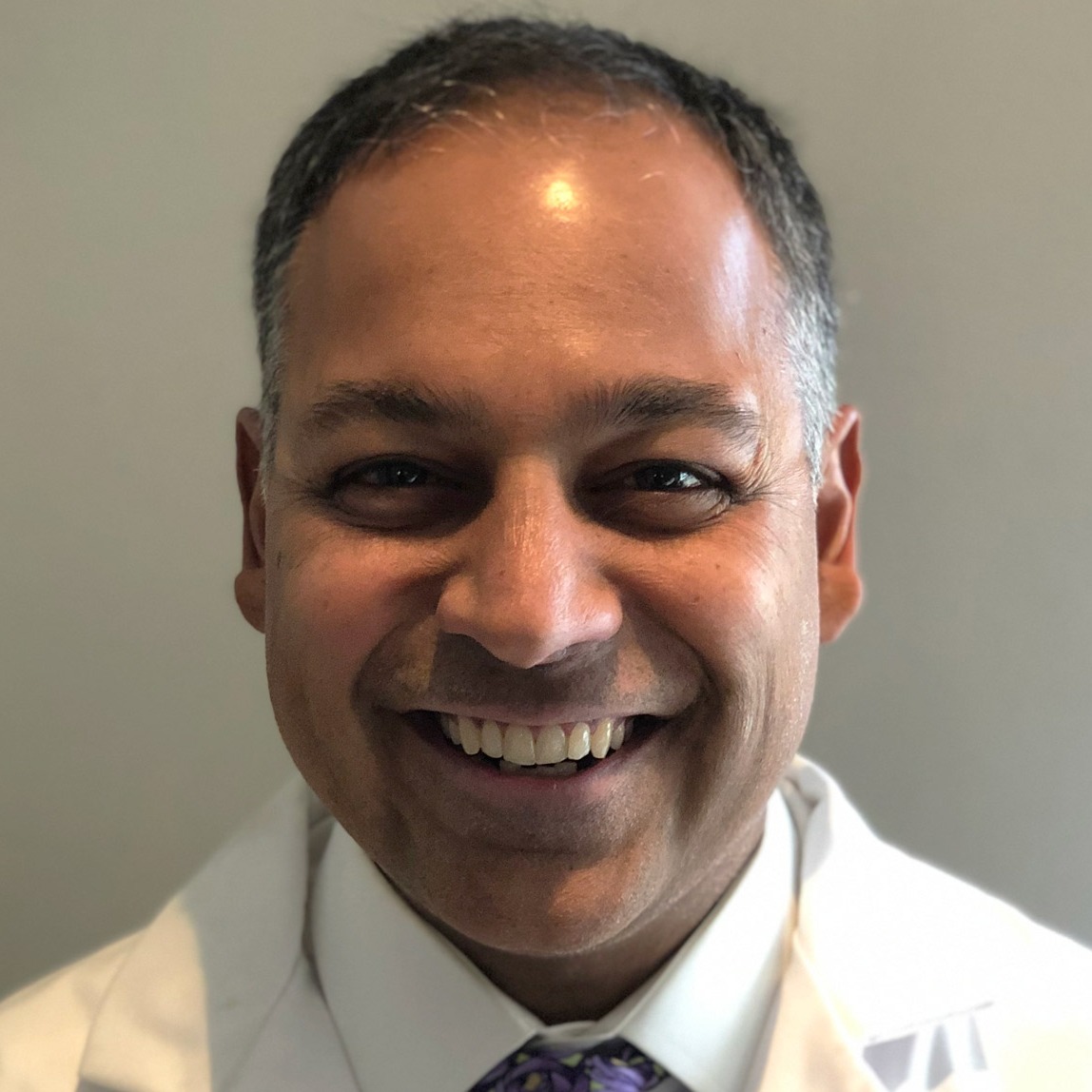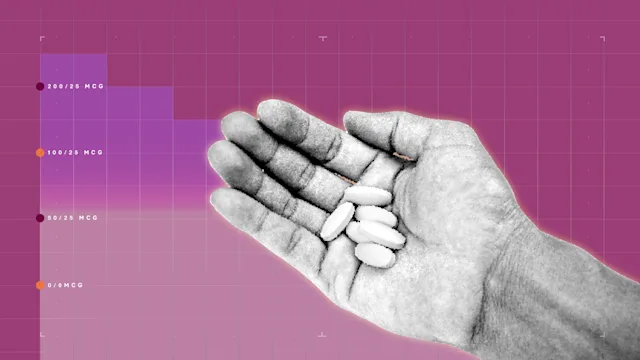When you think of heart-healthy lifestyle choices, eating a nutrient-rich diet, moving more, and quitting smoking may come to mind. But there’s one crucial factor that you — and more than one-third of Americans — may be forgetting: getting enough sleep.
In this video, healthcare professionals share the link between sleep and heart health.
Dr. Knoepflmacher is a Clinical Instructor of Medicine at The Mount Sinai Hospital in New York City, where he also maintains a private practice.
Dr. Chaudhry is an Endocrinologist at NYU Langone Health in New York City.
Dr. Okeke-Igbokwe is an internist and health media expert in New York City.
Dr. Bhusri is an attending cardiologist at the Lenox Hill Heart & Vascular Institute and an assistant professor of cardiology at Hofstra Northwell School of Medicine.
References
American Heart Association. (n.d.). Sleep.
Suni, E. (2023). Sleep apnea. National Sleep Foundation.
Suni, E. (2024). How much sleep do you need? National Sleep Foundation.
Suni, E. (2024). How sleep deprivation affects the heart. National Sleep Foundation.

Why trust our experts?














